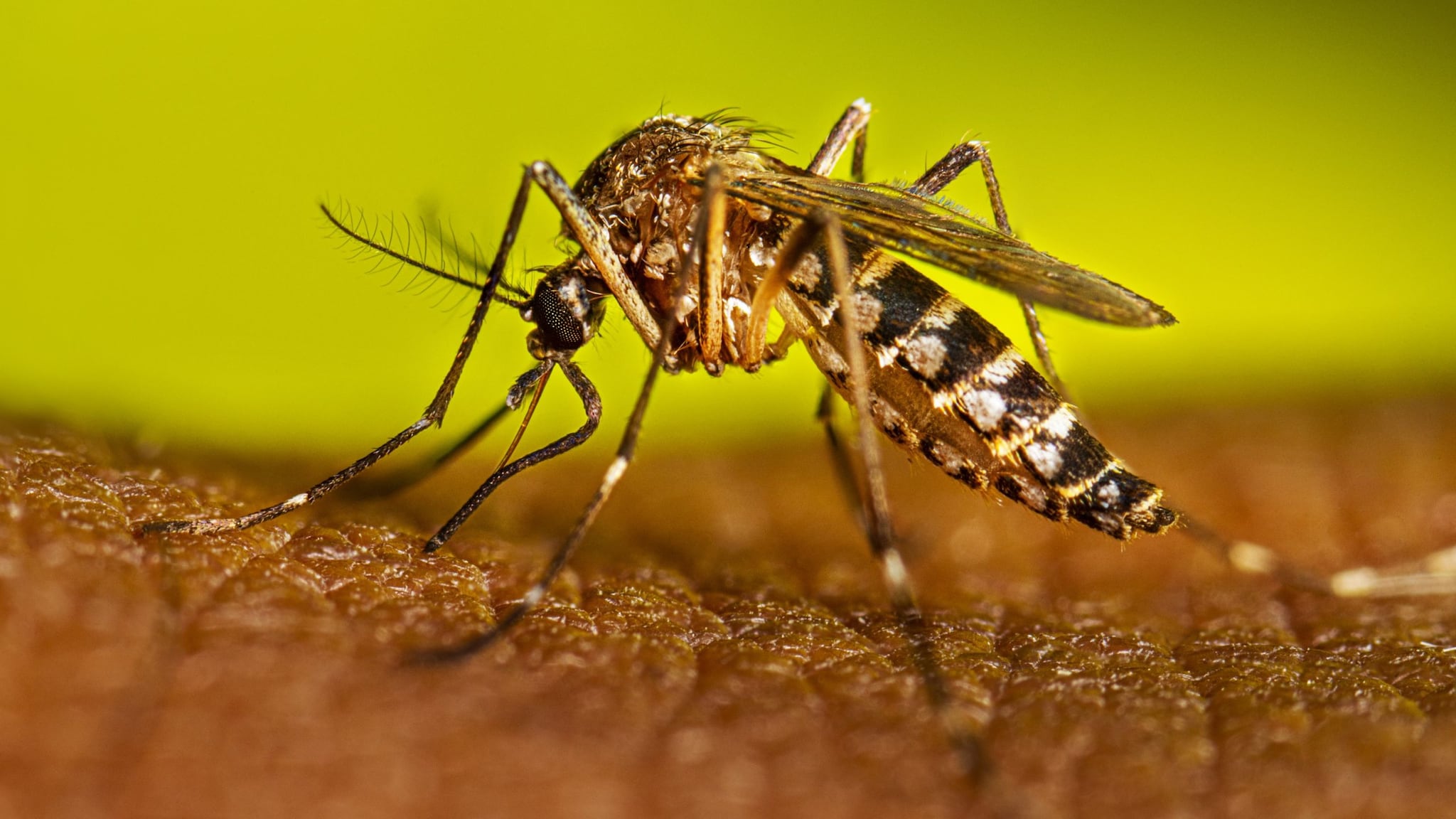Key points
- Dengue viruses are usually spread to people through the bites of infected Aedes species mosquitoes.
- A person infected with dengue during pregnancy can pass the virus to their fetus.
- Rarely, dengue can be spread through other routes.

Through mosquito bites
Dengue viruses are spread to people through the bites of infected Aedes species mosquitoes (Ae. aegypti or Ae. albopictus). These are the same types of mosquitoes that spread Zika and chikungunya viruses.
- These mosquitoes typically lay eggs in containers that hold water, like buckets, bowls, animal dishes, flowerpots, and vases.
- These mosquitoes prefer to bite people, and live both indoors and outdoors near people.
- Aedes species mosquitoes can bite during the day and night.
- Mosquitoes become infected with dengue virus when they bite a person infected with the virus. Infected mosquitoes can then spread the virus to other people through bites.
From pregnant person to fetus
- A person who is infected with dengue virus during pregnancy can pass the virus to their fetus during pregnancy or around the time of birth.
- Dengue can have harmful effects, including death of the fetus, low birth weight, and premature birth.
Through other routes
- Dengue virus has been found in breast milk.
- However, because of the benefits of breastfeeding, people are encouraged to breastfeed even if dengue infection is suspected.
- Rarely, dengue is spread in laboratory or healthcare setting exposures through blood transfusions, organ transplants, or needlestick injuries.
- Some evidence suggests that dengue can be spread through sexual contact.
